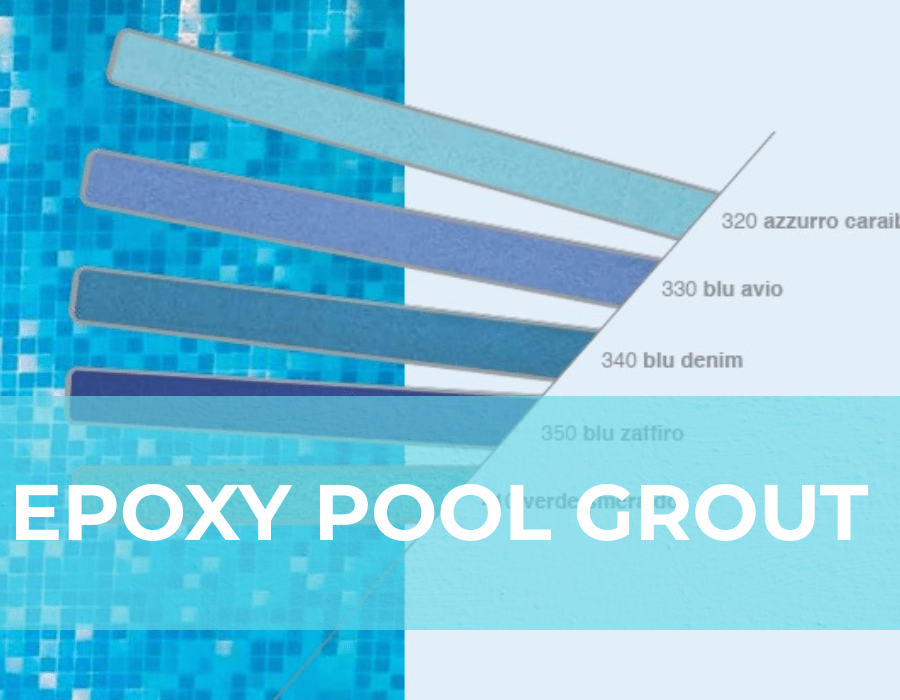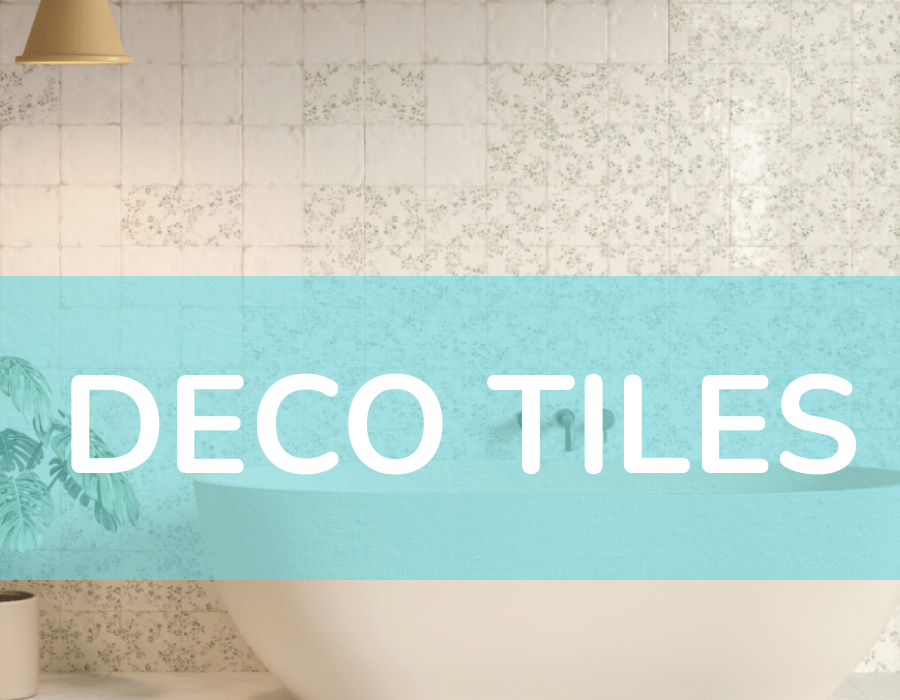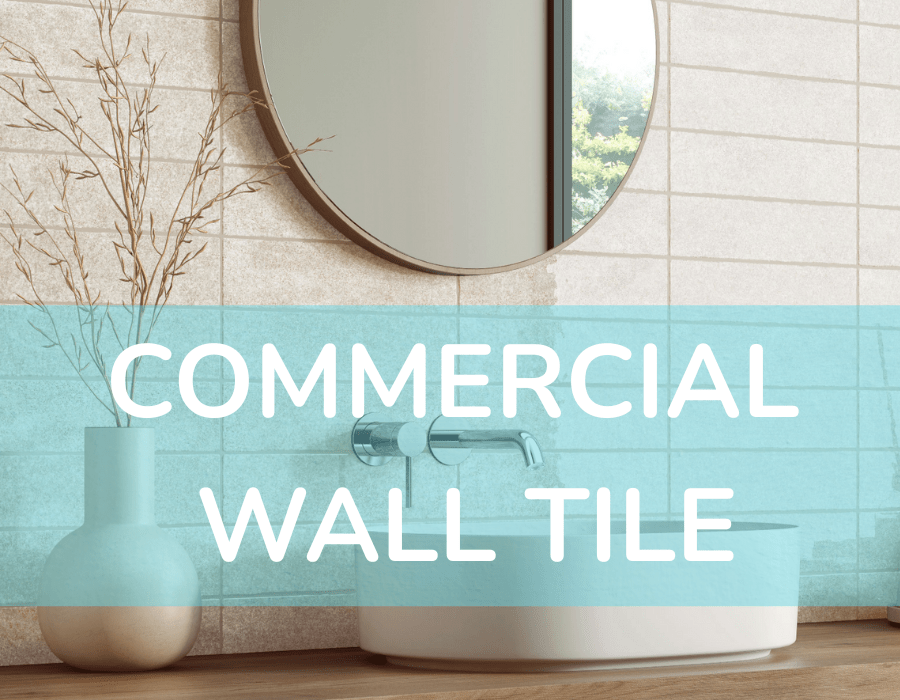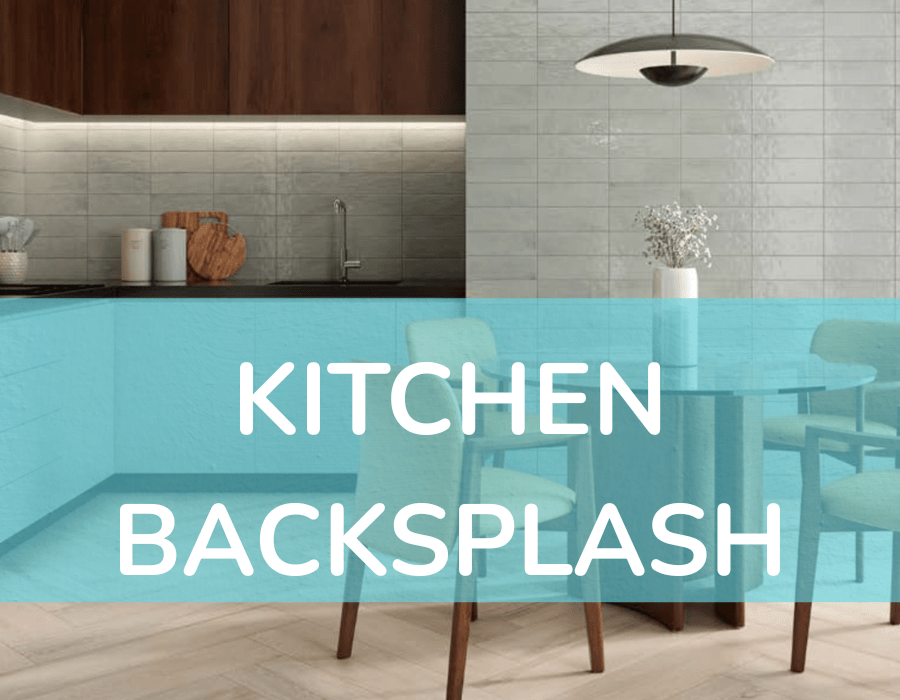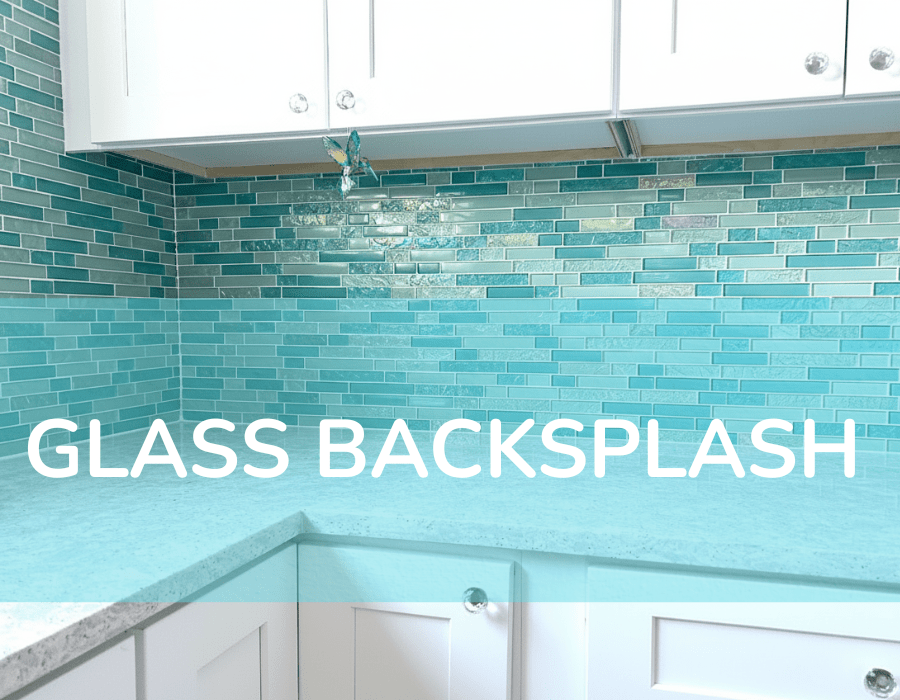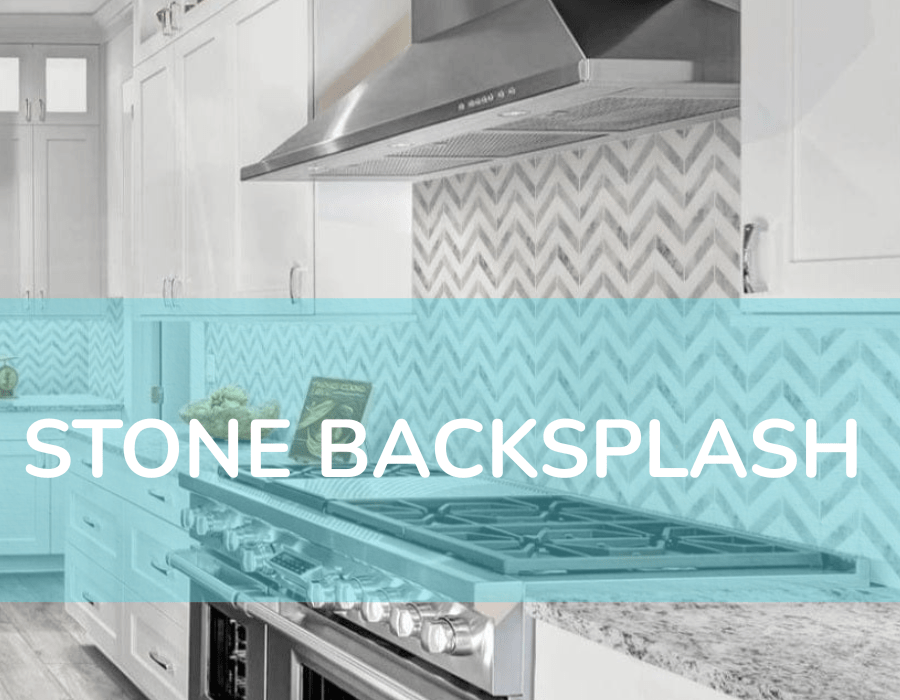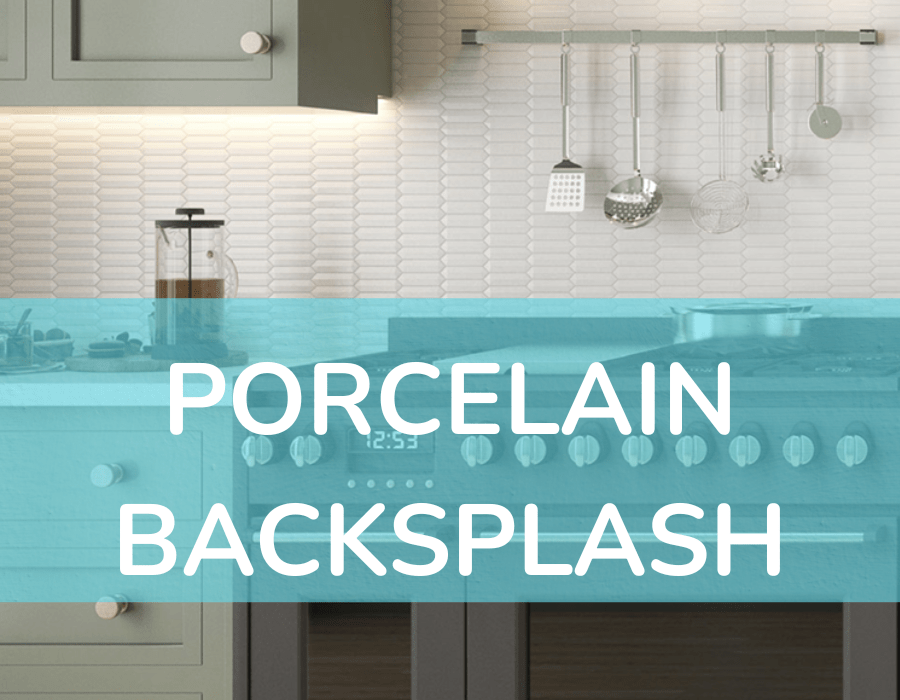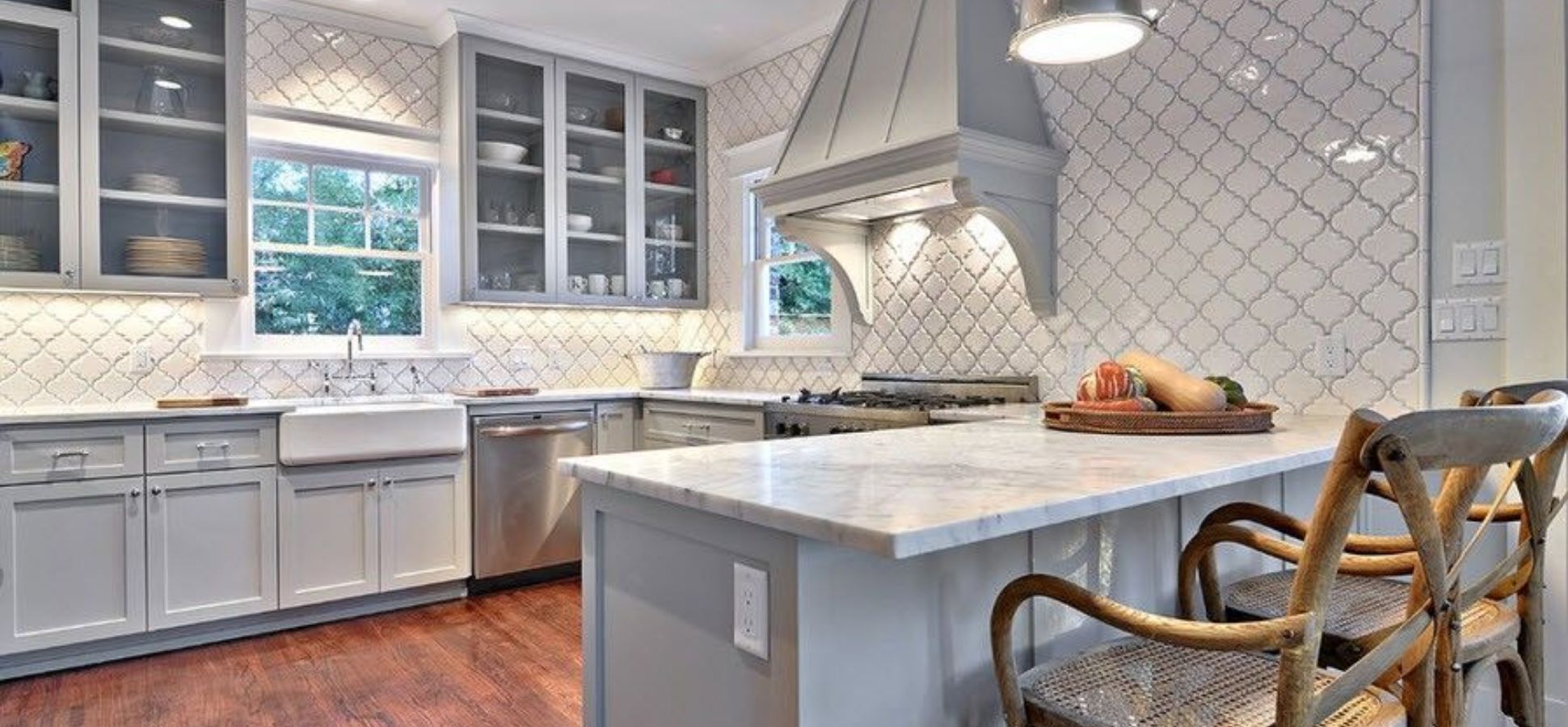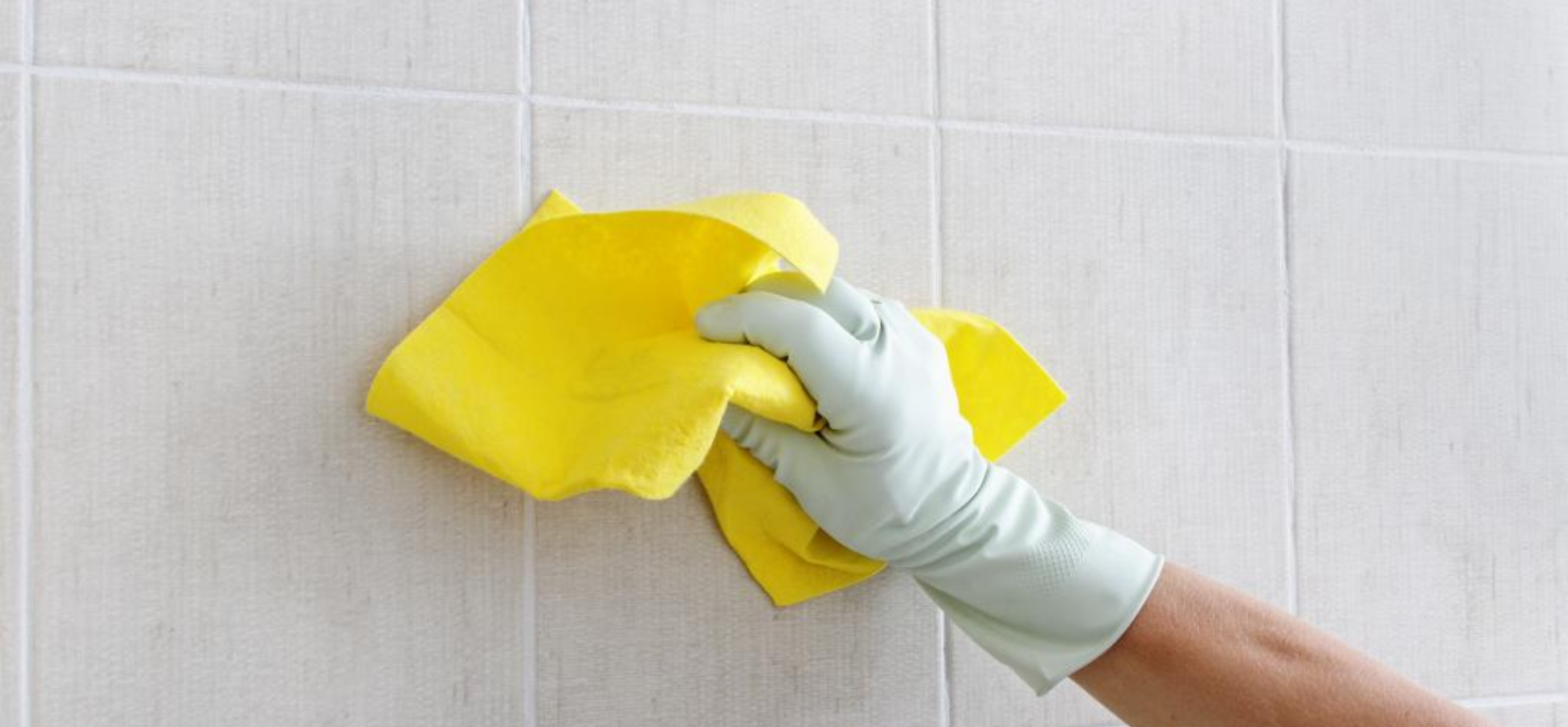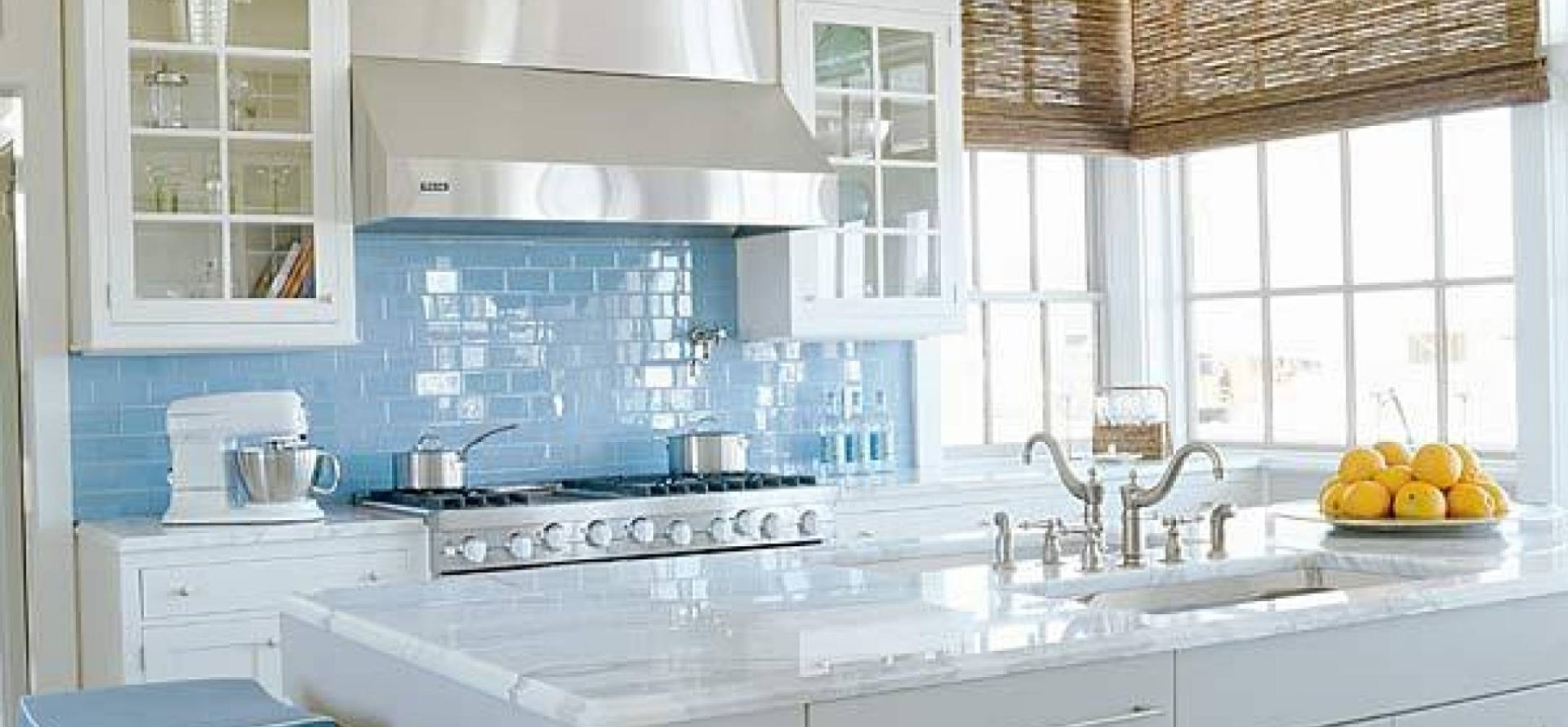
Pros and Cons of Glass Kitchen Tiles
Revamping spaces is always exciting, and glass tiles for the kitchen serve a functional and aesthetic purpose when remodeling your kitchen in this manner. These thin sheets of glass heated over 800 C appear to be the most popular choice over the years of revolution. Their sleek, modern aesthetic and variety of shapes, transparencies, and colors make them an ultimate choice for every classy and sophisticated kitchen owner.
The precise description of the tiles includes that they are durable and water-repellent and add a sense of brightness and space not only in your kitchens but also in your bathrooms and showers. Although the glass mosaic kitchen backsplash with unique reflective qualities and vibrant colors can make your spaces brighter, it also comes with advantages and disadvantages.
In this blog, we’ll discuss the pros and cons of glass kitchen tiles, offer some best practices for installation, and help you decide if they are the right choice for your kitchen renovation.
Pros Of Glass Kitchen Tiles
Large glass tiles for walls or small tiles for kitchen countertops—glass tile is an incredible choice, backed with a glaze or color. Besides being “just pretty,” these tiles serve many purposes to customize your sanctuary culinary spaces. These tiles create striking mosaics for your kitchen's squared floors, round countertops, and a touch of artwork and elegance. So always choose the right kitchen tiles that serve benefits, and these tiles have plenty of that.
1. Luxury with Aesthetics
-
Lavish for creating a stunning visual impact
-
The reflection of light from the surface makes the spaces brighter and larger
-
Available in translucence and a variety of colors
2. Easy-to-maintain
-
The glass can be whipped quickly with soap and water in a single mop.
-
The glass tile backsplash kitchen is non-porous and resistant to stains, mold, and mildews
-
The spills and splashes do not last on the tiles
3. Durable and longevity
-
These are highly durable and resistant to any sort of scratch and crapping.
-
It does not crack and fade quickly.
-
Their vibrant appearance lasts for almost three years.
4. Eco-friendly
-
The glass tiles are environmentally friendly.
-
These glass tiles are budget-friendly for kitchen
-
The material used in construction is recyclable.
-
The tiles do not emit any VOCs (volatile organic compounds)
If you're looking for budget-friendly options for kitchen tiles, read our guide on how to Find Affordable Kitchen Tiles.
5. No water absorption
-
The absorption value of glass tile is 0%
-
These tiles are resistant to heat and water
-
It maintain its structural integrity even when exposed to high temperatures.
6. Versatile and Unique
- It is used in designing countertops, floors, and backsplashes, as per your preference.
-
Blending with stone and metal gives an astonishing finish to your kitchen looks.
Instead of staggering between Ceramic vs Porcelain Kitchen Tiles, choose a statement style that appears as a masterpiece. The glass tiles fit into the small spaces and corners around the stoves and sink.
Cons Of Glass KItchen Tiles
Even if you buy Trendy Kitchen Tile Designs or stick to a specific color of stone or ceramic tile, it will come down the lane with some disadvantages of glass tiles . So thus, the case with glass tiles has the following drawbacks.
1. Expensive
-
It is not a good choice for people with budget constraints
-
More expensive than ceramic and porcelain tiles
-
The installation via professionals is also an added cost
2. Slipperiness
-
It can cause slipperiness on wet floors.
-
The chances of falling on the floor increase in the kitchens with frequent spills and glass tiles.
3. Acquire professional installation
-
The installation is a challenging task and requires a professional installer.
-
Improper installation can lead to cracking and uneven surfaces.
4. Prone to Scratching
-
The problem with glass tile backsplash is that it is prone to scratching and smudging.
- Heavy objects can leave marks while moving from the surface.
-
The fingerprint smudges and shoes leave more noticeable marks on them.
-
It needs more cleaning than ceramic and porcelain tiles.
5. Appearance of Grout Lines
-
The transparency of glass tiles results in more visible lines on surfaces
-
The specific color and type of grout are required for the tiles to look seamless.
Steps for Installation of Glass Tiles
1. Professional Installation
Glass tiles are not easy to install, so it is recommended that you work with an expert who has handled similar projects before. An expert installer will help you get the tiles cut right, placed, and grouted so there are few chances of cracking or misalignment.
2. Proper Surface Preparation
Any space to be covered by glass tiles must first be adequately prepared. It should be clean, dry, and flat so the tiles can bond well and give the appropriate finished surface. Due to the glass-like nature of the tiles, any distortion can easily be seen.
3. Use of High-Quality Adhesives
The type of adhesive used when installing glass tiles must be carefully selected. Using highly specialized adhesive while fixing glass tiles is essential, as this helps avoid slips and falls. These adhesives are usually white, so they do not show any pre-existing color on the semi-transparent tiles.
4. Attention to Grouting
Deciding on the appropriate grout helps produce the proper appearance and fulfills the required performance characteristics. Epoxy grout is desirable for glass tile due to its increased durability, protection from staining, and occasional easy cleaning. Fill all the joints and wash excess grout from the tile surface when applying grout.
5. Provide Sufficient Time for Curing
Provide Sufficient Time for CuringOnce installed, it is recommended that the tiles and joints be allowed to set for some time and not be subjected to washing or use under damp conditions immediately. This curing period helps lock the tiles in place and harden the grouting, thus making the tiles more durable.
Standout with Ultimate Luxury with Tiles and Deco
Glass tiles offer a sleek, modern aesthetic and excellent durability for areas like kitchen backsplashes, but they have some drawbacks. They are more expensive and require meticulous surface preparation and professional installation to prevent cracking and visible imperfections. Additionally, they are prone to scratching and can be slippery if used on floors. Despite these downsides, their stain resistance, ease of cleaning, and ability to brighten spaces make them popular for many homeowners. Tiles and Deco ultimately know your liking and quality standards. Our glass tiles can provide a stunning and long-lasting addition to your home with proper care and installation.
Do you want some Kitchen Tile Cleaning Tips from our experts? Explore our other blogs.
FAQ's
What Is the Downside of Glass Tiles?
Glass tiles are beautiful and functional, but they are not devoid of certain negatives. They are somewhat more costly to purchase than other tiles regarding installation. They can expose defects in the underlying substrate, thus making it necessary to prepare the surface well. Like any other tile, glass tiles are fragile and even scratch, impacting their look significantly. Also, they can be slippery whenever they are applied to flooring. Therefore, they are unsuitable in areas with a lot of traffic.
Is Glass Tile Good for Kitchen Backsplash?
Yes, using glass tile for a backsplash in the kitchen would be entirely proper. The furniture type is stylish and contemporary and is available in many colors and on many kinds of surfaces. Glass tiles do not absorb water, meaning they do not harbor stains, mold, and mildew, which is essential in a kitchen. They are also straightforward to maintain; they can be wiped with a cloth to clean them and regain their original looks. This one can also make a kitchen appear brighter and more prominent because of the reflective surface of the glass tiles.
Does Glass Tile Crack Easily?
Even though glass tiles are not porous, they are more sensitive to cracking than ceramic or porcelain tiles. It can chip at the edges when subjected to a hard blow or when the installation is wrong. Some ways to help prevent cracking include excellent adhesives and measures professionals use during installation. Also, the substrate placement must be accurately flat and free from expanded blockage, which is dangerous for tiles and may result in cracks. On the same note, glass tiles have strengths but are primarily suitable for places with a low likelihood of contact pressures.




